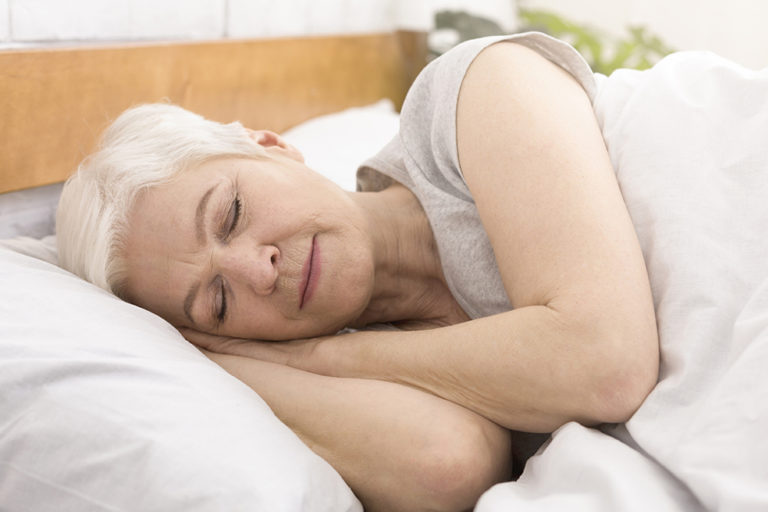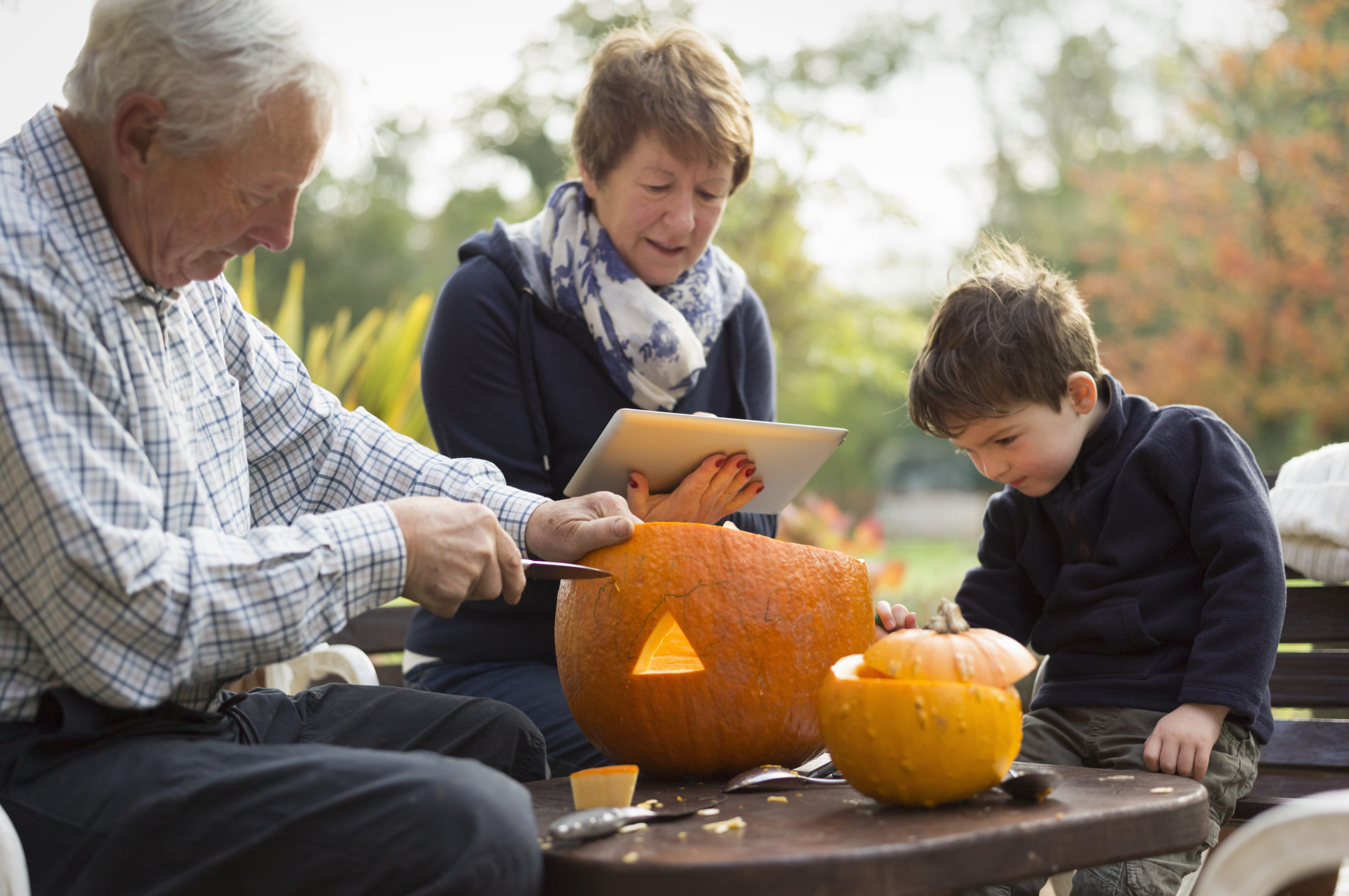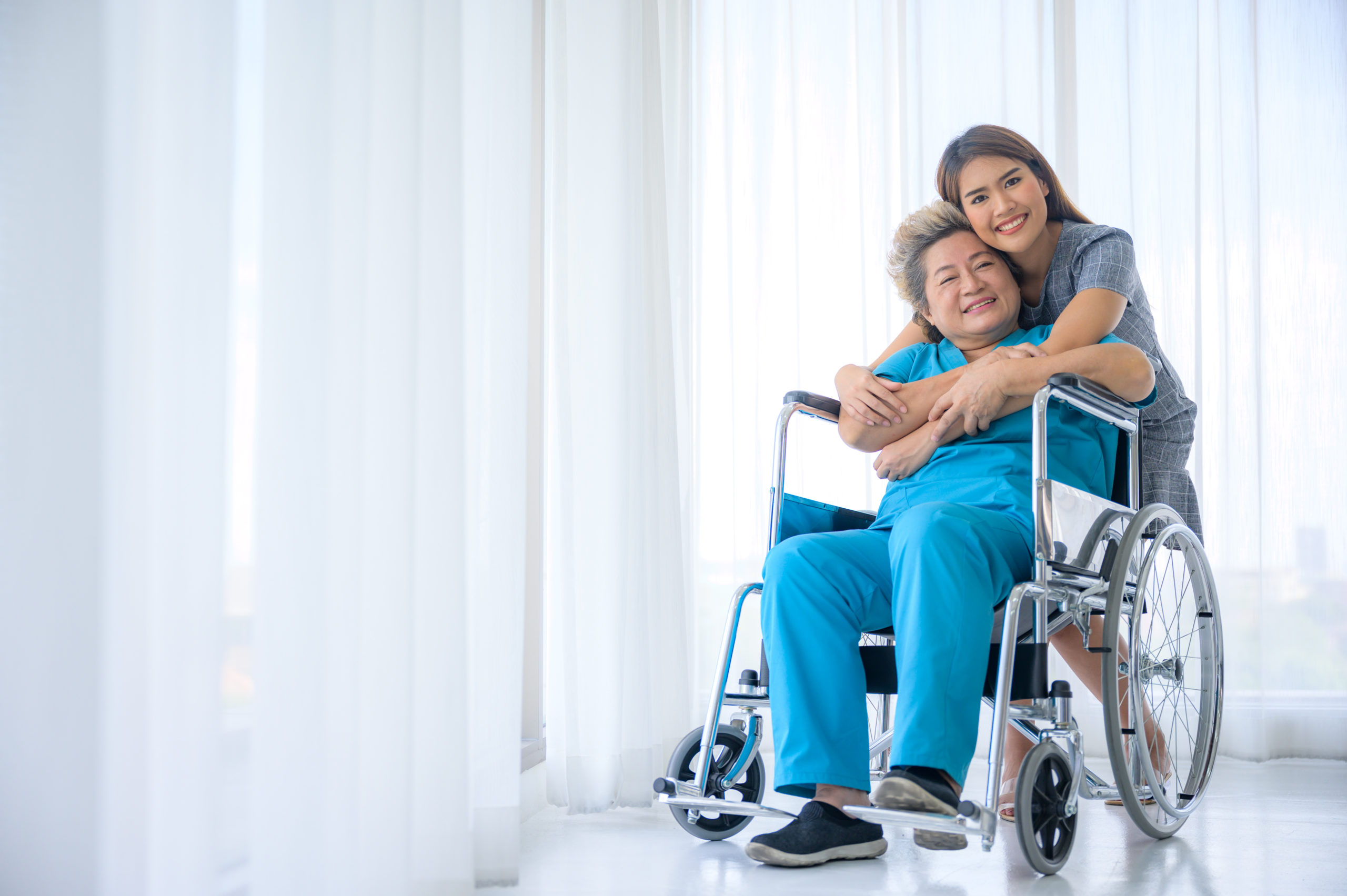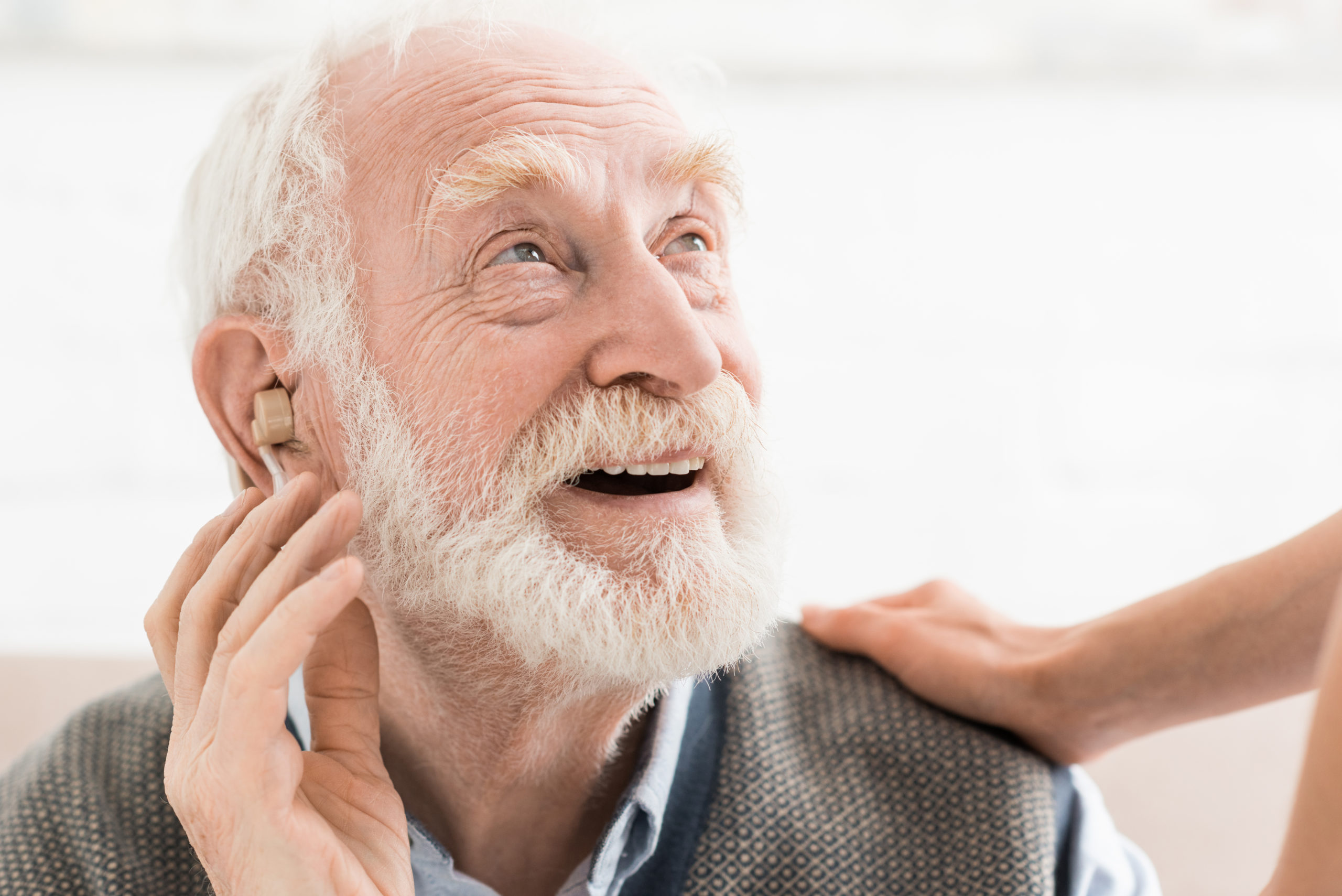Insomnia in seniors in a relatively common problem, but one that could have profound health impacts.
Insomnia In Seniors
A lack of sleep is a relatively common problem for older persons. Research conducted by the National Institute of Health found that 50 percent of all adults over 60 experience insomnia to some degree.
Causes
Scientific studies have concluded that seniors tend to experience lighter and less restful periods of sleep and spend less time in the deeper sleep cycle known as the Rapid Eye Movement, or REM stage. Additionally, seniors might be at greater risk for developing insomnia because of the use of specific prescription medications, depression, the presence of painful illnesses that might render sleep uncomfortable and because the brains of older people tend to operate on earlier internal clocks.
Complications
If left untreated, insomnia can decrease an individual’s cognitive skills such as memory and concentration abilities. Moreover, said issue can weaken the immune system thus leaving a stricken person more susceptible to contracting infections or witnessing the exacerbation of existing ailments.
Helping Seniors Cope With Insomnia
Fortunately, seniors afflicted with insomnia might find relief by practicing the following tips:
Identifying The Cause
Sometimes, insomnia precipitators like pain are obvious. However, in other cases, the underlying factors might not be as clear. Occasionally, the condition might be brought forth by potentially overlooked issues like anxiety, depression and exposure to elevated stress levels. Insomniac seniors are encouraged to consider if they are anxious, stressed or feeling depressed. If such issues are present, they should identify ways of alleviating such problems.
Practice Improved Sleep Hygiene
Sleep hygiene is defined as the habits people have regarding sleep and sleep preparation. Seniors can improve their chances of gaining restful sleep by avoiding alcohol or caffeine prior to bed, turning off the television, mobile phone or any other electronic device, drawing blinds or closing windows to ensure the room is as dark as possible and setting the thermostat to a desired temperature.
Obtain Regular Exercise
Exercise forces the muscles to work, which would could induce nighttime tiredness. Moreover, physical activity also enables the body to maintain satisfactory hormonal balances. Insomnia can be a symptom of systemic hormone imbalances.
Maintain A Consistent Sleep Schedule
Going to bed the same time each evening and awakening the same time each morning allows the body to establish a consistent sleep schedule. Such actions will better condition the body to adapt to sleep time.






